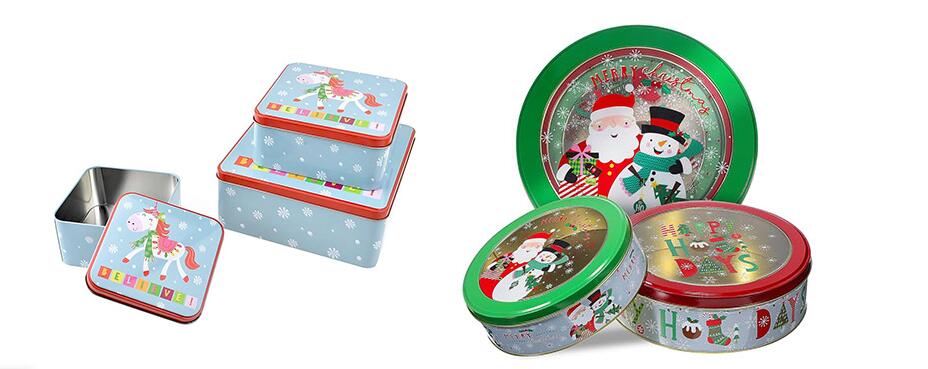Exploring sustainable practices and initiatives among tin box suppliers
In recent years, the importance of sustainability in manufacturing and packaging industries has gained significant attention. Tin boxes, known for their durability and recyclability, have become a popular choice for packaging various products. As demand for environmentally friendly packaging solutions continues to rise, metal tin box suppliers are implementing sustainable practices and initiatives to meet these demands. This article explores some of the sustainable practices and initiatives among tin box manufacturers, highlighting their efforts towards environmental conservation and corporate responsibility.
1. Material Sourcing
One of the key aspects of sustainability in tin box production is the sourcing of raw materials. Tin box suppliers are increasingly opting for recycled tinplate, which reduces the need for new raw materials and minimizes waste. Additionally, suppliers are exploring alternative materials, such as aluminum and steel, which have lower environmental impacts compared to traditional tinplate.

2. Energy Efficiency
To reduce their carbon footprint, metal tin box manufacturers are investing in energy-efficient manufacturing processes. This includes the use of renewable energy sources, such as solar and wind power, as well as the implementation of energy-efficient equipment and technologies. By reducing energy consumption, suppliers not only lower their operational costs but also contribute to a cleaner environment.
3. Waste Management
Proper waste management is another area where tin box suppliers are focusing their sustainability efforts. Suppliers are implementing recycling programs for both post-industrial and post-consumer waste, ensuring that tinplate scraps and used tin boxes are recycled and reused. Some suppliers are also exploring innovative ways to upcycle tinplate waste into new products, further reducing their environmental impact.
4. Supply Chain Transparency
Transparency in the supply chain is essential for ensuring sustainability. Metal tin box factorys are working towards greater transparency by tracing the origin of their raw materials and ensuring that they are sourced from responsible and ethical sources. This not only helps in minimizing the environmental impact but also promotes social responsibility.
5. Product Design and Innovation
Innovative product design is another way tin box suppliers are promoting sustainability. Suppliers are designing tin boxes that are reusable and recyclable, encouraging consumers to reduce waste. Some suppliers are also exploring bio-based coatings and inks, further reducing the environmental impact of their products.
In conclusion, the sustainable practices and initiatives among tin box suppliers are a testament to their commitment to environmental conservation and corporate responsibility. By sourcing materials responsibly, improving energy efficiency, managing waste effectively, promoting supply chain transparency, and innovating in product design, tin box suppliers are contributing towards a greener and more sustainable future. As consumer demand for eco-friendly packaging continues to grow, tin box suppliers play a crucial role in shaping a more sustainable packaging industry.